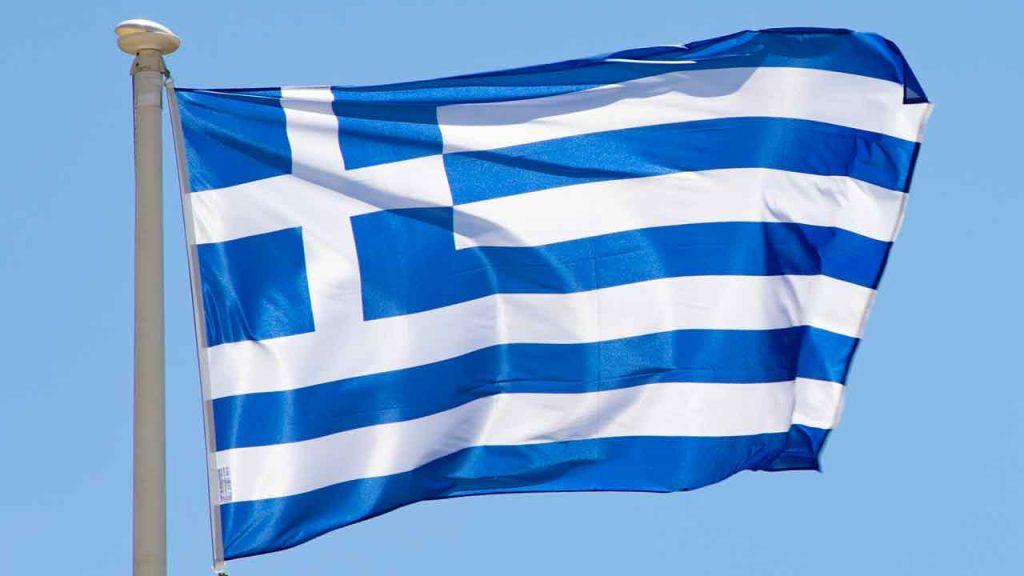About 140 migrants have made the dangerous sea voyage across the Mediterranean Sea and reached Greek shores over the past 24 hours, with one man tragically drowning off the southern island of Crete. Greece, along with Spain and Italy, is a key entry point for people from the Middle East or Africa seeking a better life in the European Union. Most migrants make the risky crossing in flimsy boats from neighboring Turkey or Libya to reach Greek shores.
The Greek coast guard rescued 34 men and three boys who issued a distress signal on Thursday, with one man falling into the sea and drowning. Survivors reported that they had set off from eastern Libya on Tuesday. In another incident, 51 men, eight women, and 19 children were found on a beach near Monemvassia in southeastern mainland Greece. It was unclear where they had departed from, but the area is known to be a smuggling route from Turkey to Greece or Italy. Additionally, 22 people were picked up from an islet off the southeastern island of Symi after paying smugglers to ferry them over from nearby Turkey.
Nearly 16,000 people have arrived in Greece so far this year, mostly by sea. In 2023, there were over 48,000 arrivals. Spain has received the highest number of migrants and refugees in the European Union this year, with more than 21,000 arrivals. These numbers highlight the continuing challenges faced by migrants and refugees seeking a better life in Europe and the risks they take in making the dangerous sea crossings.
The incidents of migrants making the perilous journey across the Mediterranean Sea to reach Greek shores underscore the ongoing crisis of migration in the region. With the high number of arrivals in Greece, Spain, and Italy, authorities are facing the challenge of managing and providing support for these individuals seeking refuge. The dangerous conditions and risks that migrants face on these journeys highlight the urgent need for international cooperation to address the root causes of migration and provide safe and legal pathways for those seeking asylum in Europe.
Efforts to dismantle international criminal networks facilitating human trafficking, drug smuggling, and other illegal activities are crucial in addressing the underlying factors driving migration. The arrest of four individuals involved in an international cocaine trafficking ring in Greece serves as a reminder of the interconnected nature of criminal activities and migration routes. Authorities must continue to work together to disrupt these criminal networks and ensure the safety and security of migrants, refugees, and the general public.
As the number of migrants reaching European shores continues to rise, there is an urgent need for coordinated action at the regional and international levels to address the root causes of migration, provide humanitarian assistance, and uphold the rights and dignity of individuals seeking refuge. The European Union, along with countries like Greece, Spain, and Italy, must work together to develop comprehensive and sustainable solutions to manage migration flows, protect vulnerable populations, and promote a more secure and stable future for all. Only through collective efforts and cooperation can we address the challenges posed by migration and create a more just and inclusive society for all.


